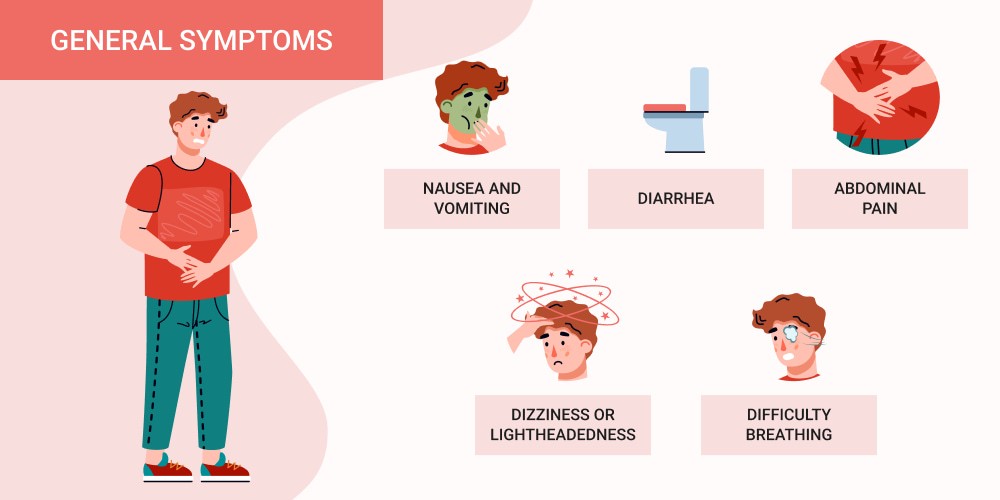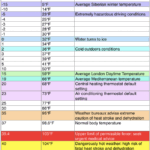Propane is a common fuel source used for heating, cooking, and powering appliances. While generally safe when handled properly, propane can be dangerous if it leaks or accumulates in enclosed spaces. This article will delve into the various symptoms of propane poisoning, helping you understand the risks and recognize the signs of exposure. By learning about these symptoms and knowing how to respond quickly, you can protect yourself and your loved ones from potential harm.
This article will explore the different types of propane poisoning symptoms, differentiate between mild and severe cases, emphasize the importance of immediate medical attention, and discuss the potential complications that can arise from untreated propane poisoning.
Propane Poisoning Symptoms
Propane poisoning occurs when you inhale high concentrations of propane gas. Your body reacts to this exposure by triggering a range of physiological responses, leading to various symptoms. These symptoms can manifest quickly, often within minutes of initial exposure, and their severity depends on the concentration of propane inhaled and the duration of exposure.
The most common symptom of propane poisoning is headache. This can range from a mild dull ache to a throbbing pain that intensifies as exposure continues. Dizziness and lightheadedness are also frequent symptoms, making it difficult to concentrate or maintain balance. Nausea and vomiting may occur, particularly with higher levels of exposure. In severe cases, you might experience confusion, disorientation, and even loss of consciousness.
Recognizing the Signs of Exposure
Recognizing the signs of propane poisoning is crucial for prompt action. If you suspect someone has been exposed to propane, pay close attention to their behavior and physical condition. Look for any combination of the following symptoms:
- Headache: A persistent headache that may worsen over time.
- Dizziness: Feeling lightheaded or unsteady on your feet.
- Nausea and Vomiting: Experiencing feelings of sickness and/or vomiting.
- Confusion: Difficulty thinking clearly, answering questions, or remembering things.
- Loss of Consciousness: Passing out or becoming unresponsive.
If you notice any of these symptoms in yourself or someone else, immediately move to a well-ventilated area and seek medical attention.
Mild vs. Severe Cases
Propane poisoning can range from mild to severe, depending on the amount of propane inhaled and the duration of exposure.
Mild cases typically involve headaches, dizziness, nausea, and vomiting. These symptoms usually subside within a few hours after moving to fresh air. However, even mild cases should be taken seriously, as they can indicate underlying health issues or potential for more severe complications if exposure continues.
Severe cases involve more serious symptoms such as confusion, disorientation, seizures, coma, and respiratory failure. These cases require immediate medical intervention, as they can lead to permanent brain damage, organ failure, or even death.
Immediate Medical Attention
If you suspect propane poisoning, it is crucial to seek immediate medical attention. Call emergency services (911 in the US) or your local poison control center right away.
While waiting for help to arrive, ensure the affected person is moved to a well-ventilated area and kept comfortable. Do not attempt to administer any home remedies or induce vomiting unless specifically instructed by a medical professional. Provide as much information as possible to emergency responders, including the suspected source of exposure, the duration of exposure, and any symptoms observed.
Complications and Death
Untreated propane poisoning can lead to serious complications, including:
- Brain Damage: Prolonged exposure to high levels of propane can cause irreversible brain damage, leading to cognitive impairment, memory loss, and personality changes.
- Respiratory Failure: Propane can irritate the lungs and airways, causing difficulty breathing and potentially leading to respiratory failure.
- Organ Damage: High concentrations of propane can damage vital organs such as the liver, kidneys, and heart.
- Death: In severe cases, untreated propane poisoning can be fatal.
Conclusion
Propane poisoning is a serious health risk that requires immediate attention. By understanding the symptoms, recognizing the signs of exposure, and seeking prompt medical care, you can protect yourself and your loved ones from potential harm. Remember, early intervention is crucial in minimizing the risks associated with propane poisoning and ensuring a full recovery.



